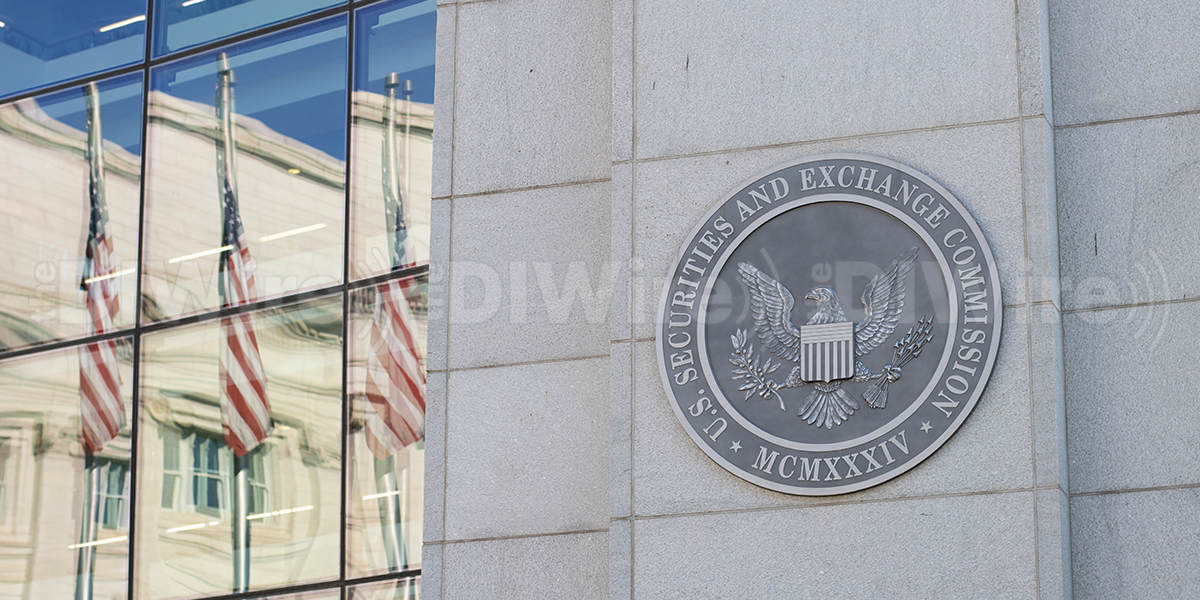SEC Issues Alert in Prep for ‘T+1’ Securities Transaction Cycle Implementation

The U.S. Securities and Exchange Commission released a risk alert about the upcoming transition on May 28 from “T+2” to “T+1,” the shortening of the securities transaction settlement cycle for most broker-dealers from two business days after the trade date to one.
May 28 is also the compliance date for new rules related to the processing of institutional trades by broker-dealers and certain clearing agencies, as well as certain recordkeeping amendments applicable to registered investment advisers.
The amendments to Rule 15c6-1 under the Securities Exchange Act of 1934 and Rule 204-2 under the Investment Advisers Act of 1940, as well as new Rule 15c6-2 under the Exchange Act were adopted in February 2023 and given more than one year to take effect.
The T+1 settlement cycle will apply to the same securities transactions covered by the T+2 settlement cycle. These include transactions for stocks, bonds, municipal securities, exchange-traded funds, certain mutual funds, and limited partnerships that trade on an exchange.
It is “critical that registrants and other market participants prepare for the shortened settlement cycle and understand the impacts of T+1″ to successfully manage the transition, according to the risk alert.
Since 2017, the settlement cycle – the time between the transaction date and the settlement date – for most securities transactions has been two business days – often referred to as T+2. Under T+2, if you sold shares of stock on Monday, the transaction would settle on Wednesday.
Under the new T+1 settlement cycle, all applicable securities transactions from U.S. financial institutions will settle in one business day of their transaction date. For example, if you sell shares of stock on Monday, the transaction will settle on Tuesday, i.e., the transfer of securities to the buyer’s account and the cash to the seller’s account.
Certain broker-dealers, including those that are small entities, may need to make changes to their business operations and incur certain costs to operate in a T+1 environment. For example, conversion to a T+1 standard settlement cycle may require broker-dealers, including those that are small entities, to make changes to their business practices, as well as to their computer systems, and/or to deploy new technology solutions. In addition, broker-dealers may need to test changes to systems, operations, policies, and procedures to operate in a T+1 environment. Broker-dealers that serve retail customers may also need to educate their customers regarding the shorter standard settlement cycle that the amendment to Rule 15c6-1(a) establishes.

